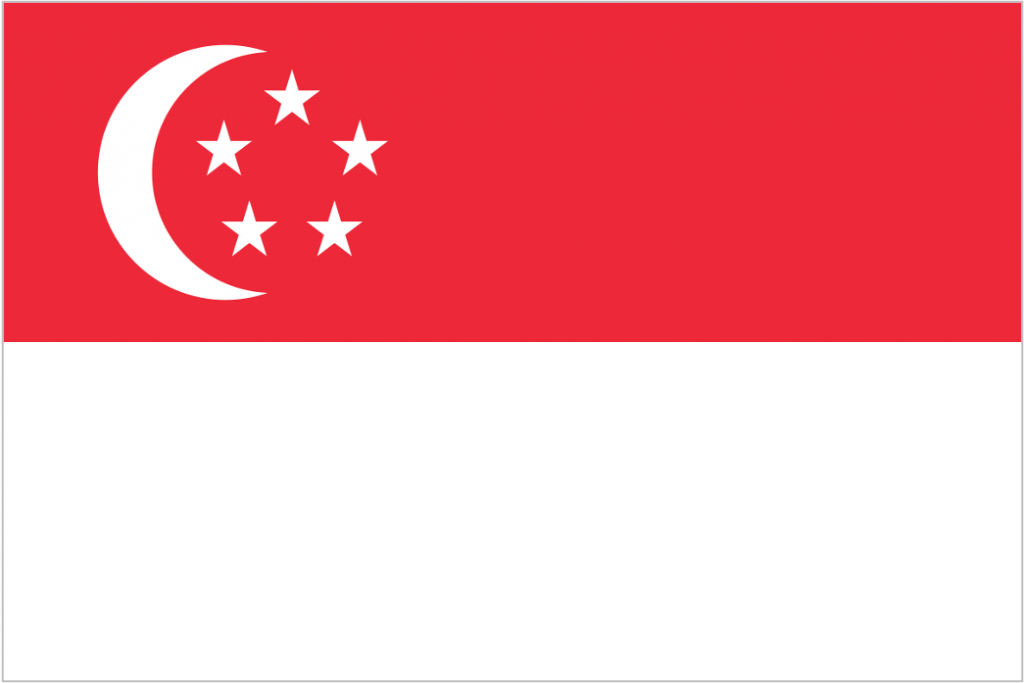
What is the Personal Data Protection Act (PDPA)?
The Personal Data Protection Act is a Singaporean law that governs the collection, use, and disclosure of personal data.
Who does the PDPA apply to?
The PDPA applies to all organizations that collect, use, or disclose personal data in Singapore.
What is considered personal data under the PDPA?
Personal data under the PDPA includes any data about an individual that can be used to identify them.
What are the key principles of the PDPA?
The key principles of the PDPA are: purpose limitation, consent, data accuracy, protection, openness, and accountability.
What is the role of the Personal Data Protection Commission (PDPC)?
The PDPC is the regulatory body responsible for enforcing and advising on the PDPA.
What are the rights of individuals under the PDPA?
Individuals have the right to access their personal data, request correction of inaccuracies, and withdraw consent for the use of their data.
What are the responsibilities of organisations under the PDPA?
Organizations are responsible for ensuring that personal data is collected, used, and disclosed in accordance with the PDPA and for implementing appropriate security measures to protect personal data.
What are the penalties for non-compliance with the PDPA?
Penalties for non-compliance with the PDPA can include fines and enforcement action by the PDPC.
What is the Do Not Call (DNC) Registry?
The DNC Registry is a national registry of Singaporeans who have opted out of receiving telemarketing calls.
What is the requirement for data breaches under the PDPA?
Organizations are required to notify the PDPC and affected individuals in the event of a data breach that is likely to result in significant harm to individuals.
Book a demo with our client success team or create an account.